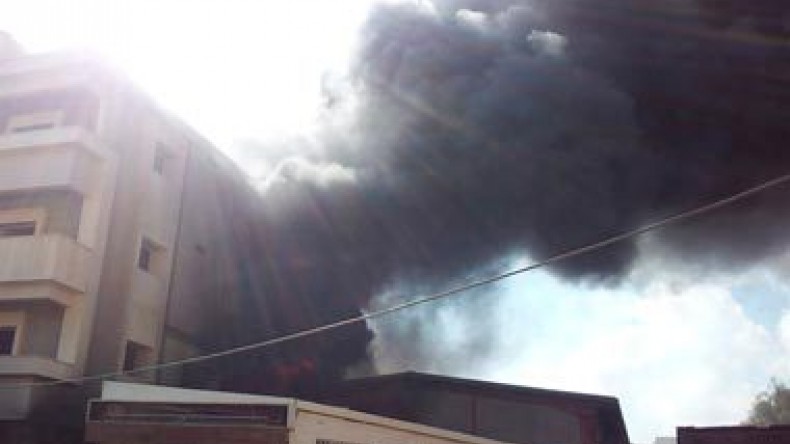
Syria truce ‘practically over’
Syrian jets bombarded Sunni Muslim regions in Damascus and around the country on Sunday, activists said, as President Bashar al-Assad kept up air strikes against rebels despite a U.N.-brokered truce that now appears to be in tatters, Reuters reported.
The Local Coordination Committees activists' organization said air raids killed 14 civilians, including women and children, in the town of Bara in the northern province of Idlib, where fighting has continued between Assad's forces and rebels who have seized large parts of the rugged region.
"The ceasefire is practically over. Damascus has been under brutal air raids since day one and hundreds of people have been arrested," said veteran opposition campaigner Fawaz Tello, who is well connected with rebels.
Speaking from Berlin, Tello said Sunni districts in the city of Homs, 140 km (90 miles) north of Damascus and surrounding countryside came under Syrian army shelling on Sunday.
It was not possible to verify events because of Syrian restrictions on media access.
Both sides in the 19-month-old conflict have violated the ceasefire to mark the Muslim Eid al-Adha holiday. Brokered by international peace envoy Lakhdar Brahimi, the truce supposedly began on Friday, the first day of the four-day holiday.
Syrian authorities blame "terrorists" for breaking the truce and the opposition says a ceasefire is impossible while Assad moves tanks and uses artillery and jets against populated areas.
A statement by the Syrian military said "blatant" rebel violations proved they want to "fragment and destroy Syria."
"These terrorist groups must be confronted, their remnants chased and an iron fist used to exterminate them and save the homeland from their evil," the statement said.
Brahimi hopes to end the conflict that has killed at least 32,000 people and further destabilized the Middle East. It began with a popular revolt in March last year against four decades of authoritarian rule by Assad and his late father, Hafez al-Assad.
The ceasefire won international support, including from Russia, China and Iran, President Assad's main foreign allies.
But the truce seems destined to share the fate of failed peace efforts that have preceded it, with dozens of people continuing to be killed daily and international and regional powers at odds while they back different sides.
A sectarian divide between Assad's minority Alawite sect and Syria's majority Sunnis is also growing, fuelling religious fervor and attracting more foreign jihadists into the country.
Newsfeed
Videos






























